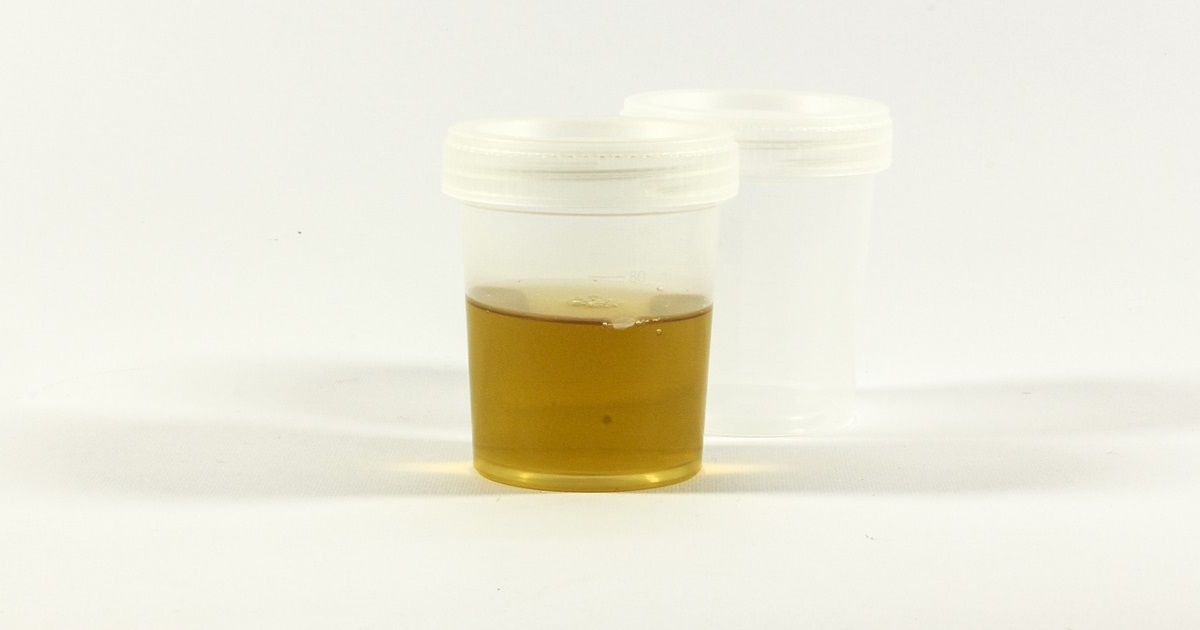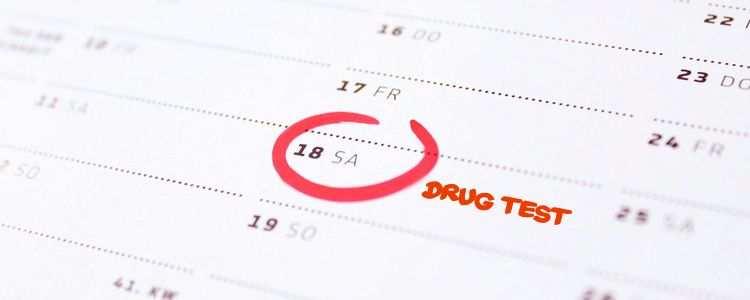The purpose of a drug test is to detect the presence of illicit substances in a person’s system. Employers, legal or forensic investigators, and doctors may require these tests regularly.
There are a few different drug testing methods, including saliva, urine, and blood tests. Each test works a little differently and has a different detection window, with varying levels of accuracy.
If you’re concerned about an impending drug test, you may wonder “how long does weed stay in your saliva,” or how long can THC be detected in urine or blood?
Below, we explore each drug testing method to give readers greater insight.
How Long Do Drugs Stay in the System?
The length of time that drugs stay in the system varies greatly. Firstly, different drugs have different effects and are detectable in the body for different durations. Your body metabolizes various drugs at different rates, so the detection window for certain drugs can be quite specific and vary widely from substance to substance.
Secondly, the type of drug test administered affects the timeframe for detecting drug use. For instance, a saliva test can test weed in your system for up to 48 hours after marijuana use, while urine tests have a much wider timeframe of between 7 to 21 days. In heavy users and may be detected for up to a month.
Furthermore, several other factors influence how long drugs stay in the system. These include:
- Drug dosage
- Individual tolerance level
- Body chemistry, metabolism, and weight
- Presence of other drugs in the body
- Frequency of use
- Hydration levels
- Physical activity
As you can tell, it’s not easy to determine how long drugs stay in the system. Traces of some drugs linger only a few days, while others last for months. Moreover, testing for weed in your system is very different from testing for alcohol use, which can be easily detected using a breathalyzer.
What Type of Drug Tests are There?
There are several types of drug tests, urine tests being the most common. Blood tests and saliva (mouth swab) testing methods are also popular.
Here is an overview of the different types of drug tests and their uses.
Urine Tests
Urine tests are quick, easy, cost-effective, and painless, making them the most popular drug testing method. These tests entail giving a urine sample to the tester, who submits it to a lab where it is checked for metabolites – byproducts of when your body breaks down a substance.
Urine tests commonly test for amphetamines, benzodiazepines, cannabis, cocaine, opioids, methamphetamine, and alcohol.
One drawback of urine tests (for administers) is that they’re easy to tamper with. If there is no one overseeing the testee peeing into a cup, they can quite easily switch it with a “clean,” drug-free sample.

Saliva Tests
Saliva or mouth swab tests are common in the workplace and entail swabbing the inside of the cheek or tongue using a collection stick with a sponge or absorbent pad on one end. Saliva is analyzed to detect the concentration of orally consumed drugs.
They’re quick to administer, offer almost instant results, and are non-invasive. Plus, they’re easier to administer. The sample is collected in full view of the person administering the test, making them almost impossible to tamper with.
The drawback is that they are only reliable for recent drug use. Typically, the detection window is 24 to 48 hours after the last use. Aside from employers, saliva tests are also often the drug test of choice for roadside testing of drivers.
Blood Tests
Blood tests are the most effective drug tests, but they’re invasive since they involve drawing blood from the testee with a needle. Nonetheless, compared to other testing methods, blood tests have a high degree of accuracy and can detect a wider range of substances.
A blood test can detect weed in your system up to three weeks after use. The detection window increases with repeated heavy usage. Moreover, blood tests are the best option for identifying recent cannabis use because THC is detectable in the blood within seconds after smoking.
Final Thoughts
Drug tests look for signs of one or more illicit substances in a sample of your urine, saliva, or blood. Different drug tests have different applications and different detection windows, so the type of test administered strongly influences the results.
For instance, while a mouth swab test typically only detects weed in your system for up to two days, urine tests can detect cannabis use for a month in heavy users.
The purpose of administering a drug test and the drugs you want to detect will largely influence the ideal drug test choice.
- Safely Navigating the World of Magic Mushroom Gummies: A Comprehensive Guide - March 28, 2024
- What Is CBD And Why Should You Use It? - March 8, 2024
- The Synergy of CBD and Vaping - November 27, 2023


